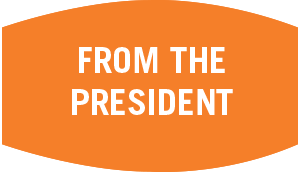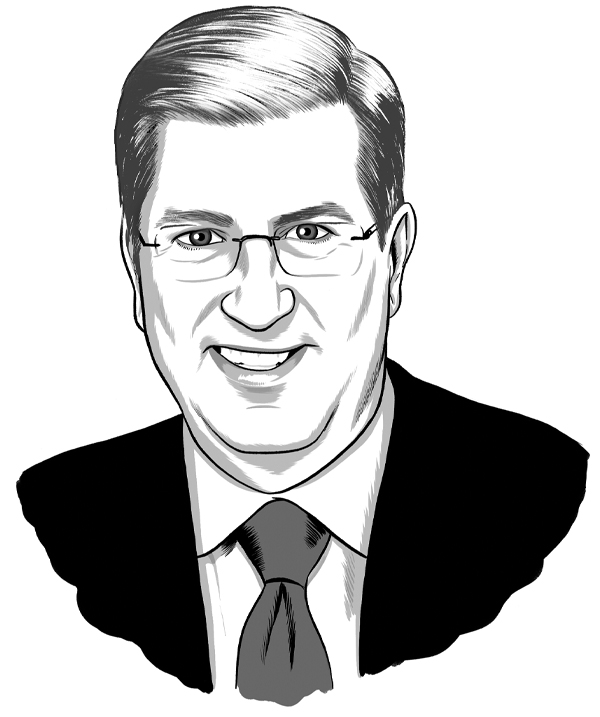

Our Commitment to Equitable Access and Outcomes
First, we as educators are obligated to prepare our students to move fluidly and confidently in a global society. Our students are on campus for only a few years, but they are citizens of their communities forever — communities that are filled with people with vastly different experiences, abilities and identities. As the spouse of someone with a permanent physical disability, I have seen firsthand how community can work well in the face of difference, and what the effects are when it does not.
At Bucknell, we take seriously our responsibility to prepare students to become critical thinkers, skilled communicators and involved citizens. We design their academic and residential experience to equip them with the tools they need to successfully navigate an increasingly complex world. We must ensure that all talented, well-qualified students have the opportunity to attend Bucknell, and that they graduate ready to meet anyone, in any situation, and engage with openness, acceptance and understanding. And to be clear: Bucknell’s success depends uniquely on our graduates’ success.
Second, and even more important, it is vital that we view our campus — and the world — through a lens of equity, which focuses on ensuring equal access, resources and opportunities that allow everyone to thrive. Note that equity is different from diversity, which at least risks an overemphasis on meeting quotas and doesn’t address the underlying issues that unfairly limit opportunity for some individuals. As Bucknellians, we hold ourselves to a higher standard. We must redefine the challenge at hand — ensuring that we are a truly equitable place to live, learn and work — if we are to continue as a leader in education.
That is why our commitment to equity and access is a strategic University priority, and why you’ll see a shift in the way we talk about a diverse campus. We will continue to encounter many challenges as we determine the best way to ensure that equity of all types becomes an organic part of what we do. This is demanding work, and there will be bumps — but the goal itself is not up for debate. I’m looking forward to the summer arrival of Vernese Edghill-Walden ’87, our inaugural vice president of equity & inclusive excellence, who will guide these critically important efforts.
Some may question whether Bucknell can effect authentic change. I acknowledge too that some will question if we should. We may not be able to change society at large, but we can make structural and operational changes to help ensure that all students, faculty and staff have an equal opportunity to thrive here. We can redouble our efforts to learn and model inclusive values in our daily interactions on campus, and expect our classmates and colleagues to do the same. And we can demonstrate grace and seek out the best in each other during this process, all a part of making Bucknell an even stronger institution.

John C. Bravman
President